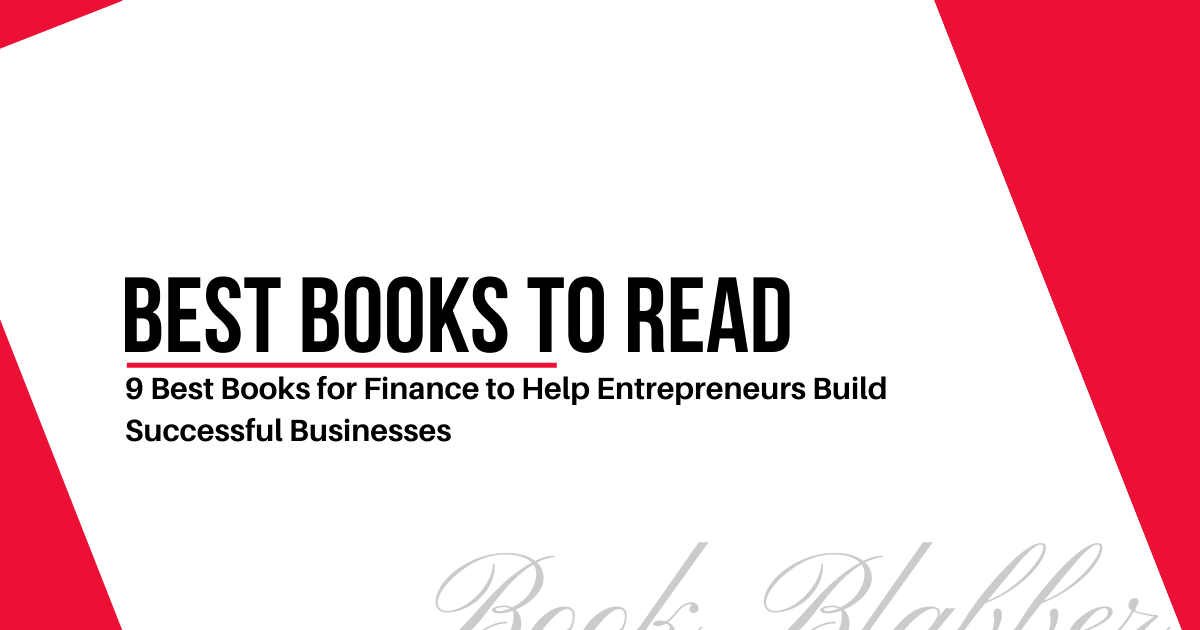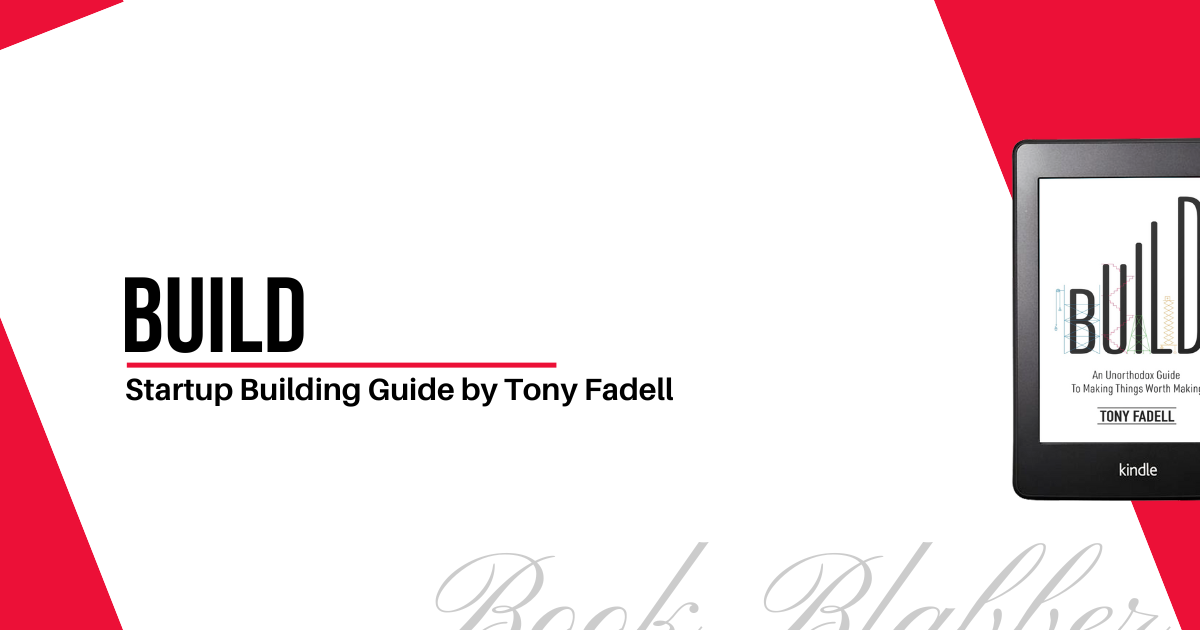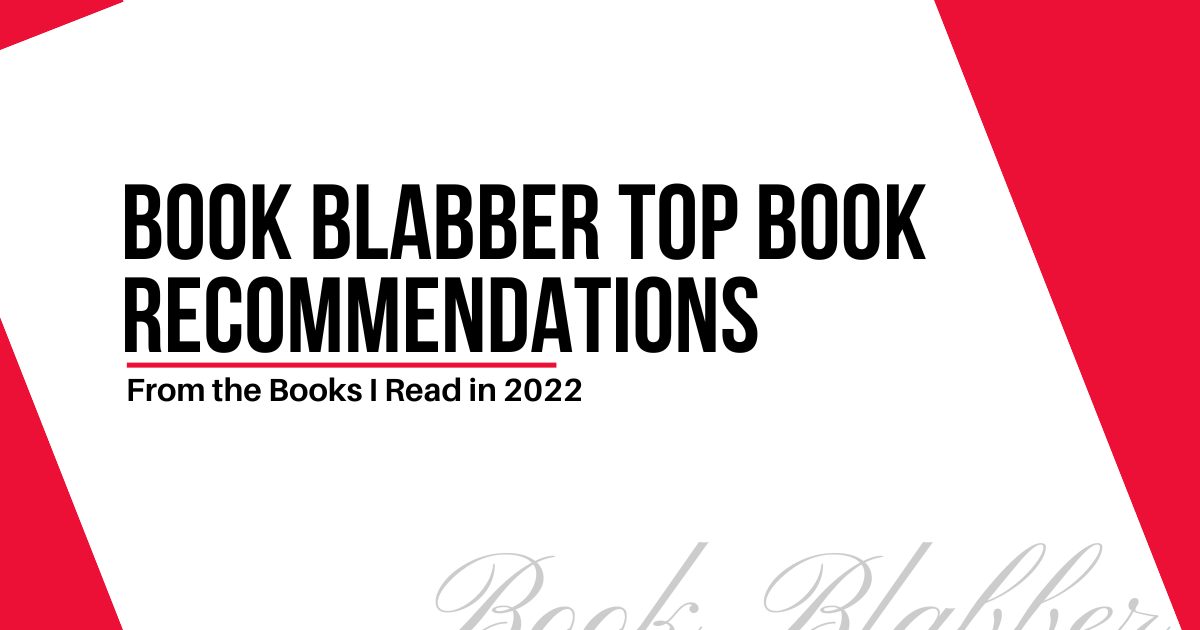9 Best Books for Finance to Help Entrepreneurs Build Successful Businesses

Managing finances, whether personal or business, is a challenging task. Thus, the best books for finance can help business owners in their struggle with financial management. The best finance books for entrepreneurs ensure that business owners make informed decisions and develop effective financial strategies.
Here, I’ve compiled a list of best books on financial intelligence for entrepreneurs. These books cover a range of topics from business fundamentals to financial analysis and personal finance. These will provide valuable insights into managing finances and achieving long-term success.
Table of Contents
- Financial Intelligence for Entrepreneurs, by Karen Berman
- The Art of Profitability, by Adrian Slywotzky
- A Random Walk Down Wall Street, by Burton G. Malkiel
- Financial Freedom, by Grant Sabatier
- The Psychology of Money, by Morgan Housel
- Venture Deals, by Brad Feld
- Zero to One, by Peter Thiel
- The Personal MBA, by Josh Kaufman
- The Snowball, by Alice Schroeder
Financial Intelligence for Entrepreneurs, by Karen Berman
Financial Intelligence for Entrepreneurs book is a must-read finance book for decision makers who don’t have any financial expertise. It teaches the basics of finance to help you identify financial strengths and weaknesses of a business. The book provides a clear understanding of financial statements and how to use them to make informed business decisions. It’s also filled with case studies and entertaining stories of real companies.
Top 5 Lessons from the book:
Employees are our most valuable asset (or are they?)
You can think of operating expenses as the cholesterol in a business. Good cholesterol makes you healthy, while bad cholesterol clogs your arteries.
The power of ratios lies in the fact that the numbers in the financial statements by themselves don’t reveal the whole story.
Profit ≠ Cash (and You Need Both)
EBITDA is no longer Wall Street’s favorite measure to watch. Now the hot metric is free cash flow.
Also Read: 5 Best Books about Cash Flow Management
The Art of Profitability, by Adrian Slywotzky
The Art of Profitability is another among the must-read finance books for entrepreneurs. It’s a series of short stories compiled as a novel. It provides insights into different business models and how they generate profits. And it’s one of the best books for financial success with principles that allow businesses to survive and prosper in any economic situation. It’s also an excellent book to understand how to build profitable businesses.
Top 2 Lessons from the book:
The big-ticket hardware folks invest the capital, take all the risks – which are huge – suffer the losses and the write-downs, and then let somebody else capture the business that has predictability, lower price sensitivity, higher margins, recurring revenue, and the opportunity to create an ongoing customer relationship, because the frequency of purchase is ten times greater than the frequency of the initial transaction.
When you point a finger at someone, always remember that three fingers are pointing back at you.
A Random Walk Down Wall Street, by Burton G. Malkiel
A Random Walk Down Wall Street is one of the classic finance books with an overview of the stock market and investment strategies. The book covers various topics like stocks and bonds, real estate investment trusts, home ownership and others. It’s one of the best finance books that teaches how to build a diversified investment portfolio. And it’s an excellent resource for business owners and startup founders to build wealth over the long term.
Top 5 Lessons from the book:
Never buy anything from someone who is out of breath.
It is not hard to make money in the market. What is hard to avoid is the alluring temptation to throw your money away on short, get-rich-quick speculative binges. It is an obvious lesson, but one frequently ignored.
Put time on your side. Start saving early and save regularly. Live modestly and don't touch the money that's been set aside.
I view investing as a method of purchasing assets to gain profit in the form of reasonably predictable income (dividends, interest, or rentals) or appreciation over the long term.
The greatest of all gifts is the power to estimate things at their true worth.
Also Read: 31 Best Books to Read for Life and Transform It
Financial Freedom, by Grant Sabatier
Financial Freedom is one of the popular and effective books on money management. It shares a step-by-step path to achieve financial independence and retire early. It explores topics like saving, investing and building multiple income streams. And it includes several examples to help readers apply the concepts to their own lives. It’s one of the best financial intelligence books. The book is a roadmap to living life on one's own terms, as soon as possible.
Top 5 Lessons from the book:
Money will be with you for the rest of your life, so take the time to build a positive relationship with it – a relationship that you control.
Every $1 invested today is worth hours, if not days, of your freedom in the future. The more you save today, the more time you buy in the future.
What are the hours of your life worth? What are you willing to trade them for? How much money are you willing to trade for your time?
The rich look at money not as a limited resource that they need to maximize (the way most people do), but as a fungible tool that can be used for any purpose.
Whenever we spend money instead of investing it, we are actually taking from ourselves – we are taking both the time we spent to make the money and the future freedom it can buy.
Also Read: 25 Best Books for Artists and Creatives
The Psychology of Money, by Morgan Housel
The Psychology of Money is among the best books for personal finance and financial literacy. It’s a collection of short stories exploring the ways people deal with money and how you can make sense of everything. And it’s a thought-provoking book that focuses on the psychology behind our financial decisions. It’s one of the top finance education books. It might not be the best book for finance management, but it has practical advice on managing personal finances, and saving and investing.
Top 5 Lessons from the book:
Realize that not all success is due to hard work, and not all poverty is due to laziness. Keep this in mind when judging people, including yourself.
Money’s greatest intrinsic value – and this can’t be overstated – is its ability to give you control over your time.
Spending money to show people how much money you have is the fastest way to have less money.
The ability to do what you want, when you want, with who you want, for as long as you want to, pays the highest dividend that exists in finance.
Things that have never happened before happen all the time.
Venture Deals, by Brad Feld
Venture Deals is one of the most insightful finance books for business investment. It focuses on the basics of venture capital funding and how those deals come together. The book draws from Brad’s years of practical experience in the VC arena to help entrepreneurs navigate the complex world of venture capital. Apart from the intricacies of startups and entrepreneurship, it also examines fundraising, bank debt, equity and other aspects of funding.
Top 5 Lessons from the book:
There really are only two key things that matter in the actual term sheet negotiation – economics and control.
Failure is a key part of entrepreneurship, but, as with many things in life, attitude impacts outcome.
People who negotiate regularly try to convince the other side to acquiesce by stating, “That's the way it is because it's market.” We love hearing the market argument because then we know that our negotiating partner is a weak negotiator. Saying that “it's market” is like your parents telling you, “Because I said so,” and you responding, “But everyone's doing it.”
What's wrong with getting great terms? If you can't back them up with performance when you raise your next round, you may find yourself in a difficult position with your original investor.
There are only a few key things most VCs look at to understand and get excited about a deal: the problem you are solving, the size of the opportunity, the strength of the team, the level of competition or competitive advantage that you have, your plan of attack, and current status.
Also Read: 5 Best Books to Read on Taxes
Zero to One, by Peter Thiel
Zero to One isn’t exactly a finance education book. Nevertheless, it can help entrepreneurs identify unique and valuable business ideas, and create a successful startup. It’s one of the popular and successful business books that provides insights into building successful startups and creating new innovations. It covers several essential topics like developing new ideas, building monopolies, and creating value in the market.
Top 5 Lessons from the book:
Every moment in business happens only once. The next Bill Gates will not build an operating system. The next Larry Page or Sergey Brin won’t make a search engine. And the next Mark Zuckerberg won’t create a social network. If you are copying these guys, you aren’t learning from them.
The best entrepreneurs know this: every great business is built around a secret that’s hidden from the outside.
What important truth do very few people agree with you on?
Elite students climb confidently until they reach a level of competition sufficiently intense to beat their dreams out of them.
The most valuable businesses of coming decades will be built by entrepreneurs who seek to empower people rather than try to make them obsolete.
Also Read: 14 Best Books for Young Entrepreneurs
The Personal MBA, by Josh Kaufman
This Personal MBA is another non-finance book that can help you with business growth and financial success. Unlike other best books for finance, it provides a comprehensive overview of business practices. The book touches various aspects of business fundamentals, including finance, marketing, and operations. From the basics of products and marketing to the nuances of teamwork and systems, this book distils everything you need to know about a business.
Top 5 Lessons from the book:
Business schools don't create successful people. They simply accept them, then take credit for their success.
Every successful business a) creates or provides something of value that b) other people want or need c) at a price they're willing to pay, in a way that d) satisfies the purchaser's needs and expectations and e) provides the business sufficient revenue to make it worthwhile for the owners to continue operation.
You can't make positive discoveries that make your life better if you never try anything new.
Whoever best describes the problem is the one most likely to solve it.
Every time your customers purchase from you, they’re deciding that they value what you have to offer more than they value anything else their money could buy at that moment.
Also Read: 31 Best Books for Business Owners and Startup Founders
The Snowball, by Alice Schroeder
The Snowball is a biography of Warren Buffett, one of the most successful investors in the world. The book provides insights into Buffett's life, his investment strategies, and his overall philosophy on business and investing. You'll also see different shades of Buffett that makes him human. It’s another of the best books to read about finance for understanding finance from the experiences of one of the most successful investors in history.
Top 5 Lessons from the book:
On me personally what has been the most important was to understand the value of time -- and this is something that has come from observing him, learning his story and that time compounds.
Time is the friend of the wonderful business, the enemy of the mediocre.
Everybody wants attention and admiration. Nobody wants to be criticized.
The big question about how people behave is whether they’ve got an Inner Scorecard or an Outer Scorecard.
Intensity is the price of excellence.
OK, those were some of the best books on business and finance I have for you. These are among the best books for business finance to understand and run business. Some of these can also help with personal finance management.
Liked the article?
Join Book Blabbers WhatsApp group to bond over books, memes and quotes.
Subscribe to Book Blabber's Bulletin to get book summaries, reading tips and occasional hugs in your inbox.





Comments